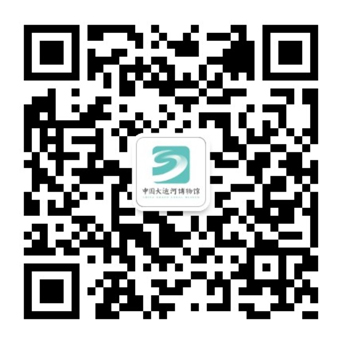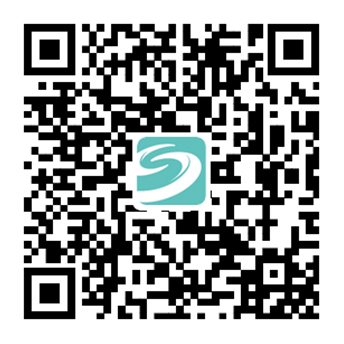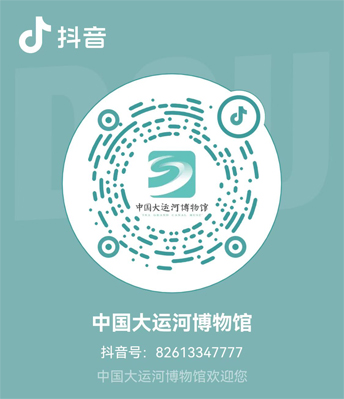Chapter I General Provisions
Article 1 The Yangzhou China Grand Canal Museum (herein referred to as the “CGCM”) has established the CGCM Academic Committee (herein referred to as the “Academic Committee”) in compliance with national regulations and the museum’s specific needs. This committee aims to regulate academic management at the CGCM, promote the advancement of scientific research, and leverage the institution’s academic role effectively. Serving as an advisory body, the Academic Committee guides academic initiatives, assists the museum in democratic management, oversight and scientific decision-making in research endeavors, advises on key museum operations, and offers consultancy on academic and scientific matters to support decision-making. The Academic Committee upholds principles of fairness, justice, and transparency and maintains a strict and standardized academic attitude. It promotes academic freedom, fosters innovation, and is tasked with safeguarding the museum’s academic standing and expanding its scholarly impact.
Chapter II Job Responsibilities
Article 2 The Academic Committee is responsible for offering guidance and feedback on the high-quality development direction and the medium- and long-term scientific research plans of the museum. Additionally, it reviews the museum’s scientific research and academic efforts.
Article 3 The committee will evaluate the essential operations planned by the museum and examine applications for scientific research projects and evaluation of results and awards commissioned by the museum. It shall review the establishment of scientific research projects within the museum, promote the museum’s applications for scientific research projects, and supervise the projects undertaken by the museum. The committee will also review the compilation and publication of important academic reports, monographs, and collected papers for the CGCM, as well as conduct research, demonstrations, and consultations on other significant scientific research and academic matters.
Article 4 The Academic Committee members offer consultation and guidance on academic activities and business training, while the secretariat is responsible for organizing the specific implementation of these activities.
Article 5 The committee will organize and provide talent training to assist young museum workers in enhancing their professional skills and academic proficiency.
Article 6 The committee will assess the professional titles of museum staff and appoint suitable individuals based on specific professional designations.
Chapter III Composition of the Academic Committee
Article 7 The Academic Committee comprises one chief academic expert and eight members who oversee and provide guidance for its activities.
Article 8 The term of appointment for members of the Academic Committee is five years. The members are experts with high academic achievements and notable contributions in the cultural field.
Article 9 The Academic Committee has a secretariat as its daily working body to handle the committee’s daily affairs.
Article 10 The chief academic expert presides over the overall operations of the Academic Committee, while members carry out the tasks assigned by the expert.
Article 11 Duties of Members
The members provide opinions and suggestions on relevant matters and participate in reviews and voting within the Academic Committee’s authority, organize and execute individual academic projects or activities, and fulfill other tasks delegated by the committee’s chief academic expert.
Article 12 The Academic Committee’s secretariat is responsible for preparing for the change of term. When a member needs to be replaced due to work changes or other reasons during their term, additional members can be appointed. These new members shall be nominated by at least two current members, and their nominations will then be reviewed by the Academic Committee.
Chapter IV Rights and Obligations of Members
Article 13 Rights
1. The members of the Academic Committee have the right to speak, vote, and cast a ballot in the Academic Committee. They also have the responsibility to deliberate on and review the museum’s academic work.
2. The members have the right to access the museum’s academic materials, collection information, etc.
3. The members have the right to critique and offer suggestions on the Academic Committee’s work.
Article 14 Obligations
1. The members of the Academic Committee shall perform their duties conscientiously, fairly and impartially, adhere to academic standards in an exemplary way, and strictly abide by national scientific research guidelines and policies and relevant regulations of the museum.
2. The members are obliged to actively contribute to promoting the academic research of the museum and engage in academic exchange activities both within and outside the museum.
3. The members are responsible for recommending exceptional talents to the museum.
4. The members shall maintain the confidentiality of discussions within the committee and the speeches they deliver.
5. They shall receive academic appeals and make recommendations to the Academic Committee.
Article 15 If a member of the Academic Committee encounters any of the following circumstances, they shall no longer serve as a member:
1. Unable to perform duties normally due to health issues, job (position) changes, or other reasons;
2. Have no intention to continue serving in their capacity;
3. Inconvenient to continue serving as a member due to other reasons;
In any of the aforementioned circumstances, the member themselves must submit a resignation application to the Academic Committee to step down from their position. The Academic Committee will then review the application to finalize the resignation process.
Chapter V Rules of Procedure
Article 16 The Academic Committee follows the principle of democratic centralism in its decision-making process. As a general rule, the Academic Committee holds two plenary meetings each year.
Article 17 The committee will discuss, review and decide on all matters related to the Academic Committee. A plenary meeting shall be valid only if more than two-thirds of the members are present. When the Academic Committee votes by secret ballot on a resolution during discussions, the resolution will only be considered valid if it receives more than half of the votes from the members in attendance.
Article 18 The Academic Committee convenes liaison or secretariat meetings periodically to coordinate and oversee the museum’s daily academic research and operations. If the chief academic expert of the Academic Committee is absent, a member may be assigned to chair the meeting.
Article 19 In academic matters, we uphold the principle of encouraging diverse perspectives and fostering intellectual debate. In principle, in cases of significant academic discrepancies, the chief academic expert will reach out to all members to solicit their opinions for coordination.
Article 20 When the Academic Committee discusses matters involving a member or a party with whom a member has a family relationship, that member must abstain from participating in the committee’s deliberations and discussions.
Chapter VI Supplementary Provisions
Article 21 Any issues not addressed in this charter will be discussed and decided upon separately by the Academic Committee.
Article 22 This charter was reviewed and approved by the plenary meeting of the Academic Committee on February 15, 2023. It shall come into effect on the date of publication.


Video

Tik Tok


SU ICP 2021024471 Public Security Record No. 32109202000139 @2023 CHINA GRAND CANAL MUSEUM